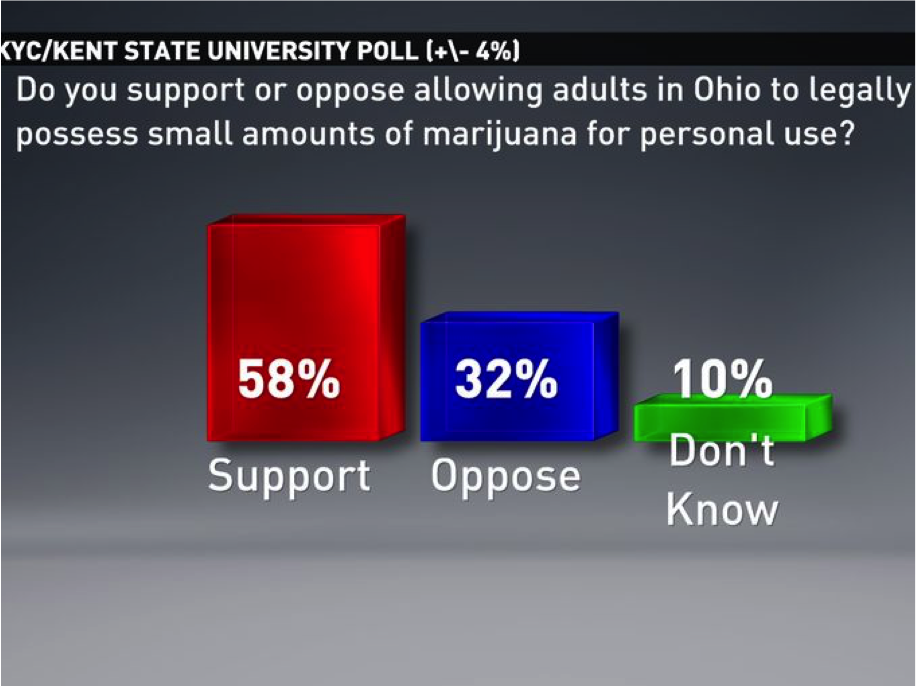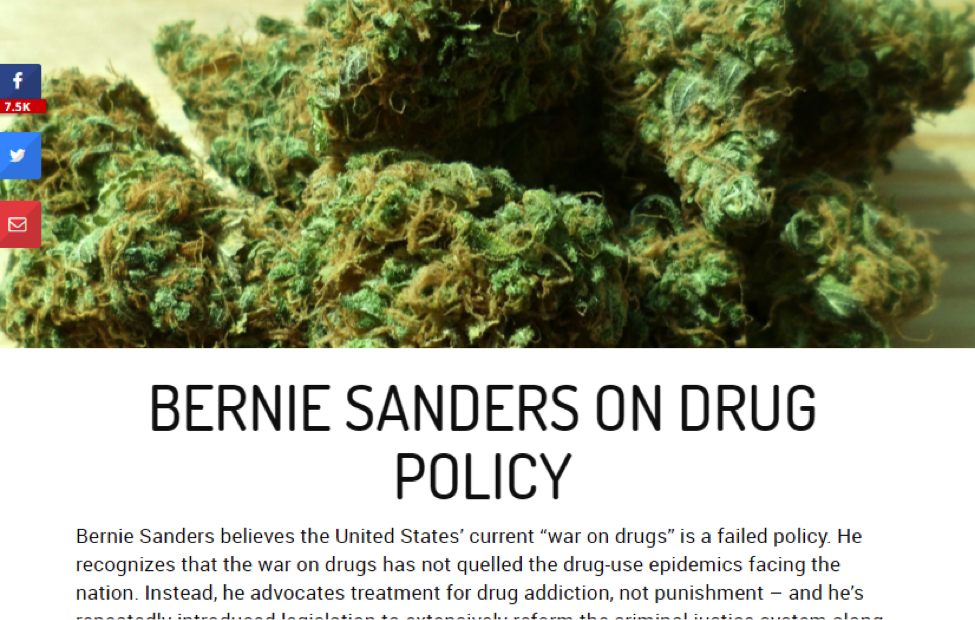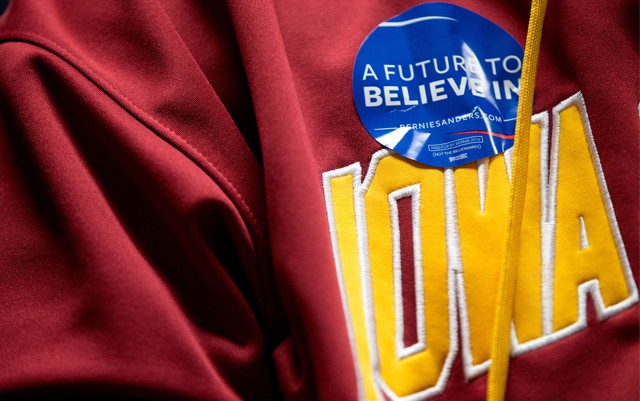The first presidential debates of 2016 have come and gone and the newest polling numbers reveal a shake up on the Democratic leaderboard.
The most recent CNN/ORC Poll reveals Senator Bernie Sanders (I-VT) with 51 percent of the likely Democratic Iowa caucus-goers support, compared to former secretary Hillary Clinton’s 43 percent. Former Governor of Maryland, Martin O’Malley is way behind with only 4 percent of the vote.
With a sampling error margin of +/-6 percentage points, that makes O’Malley virtually no threat to the Democratic frontrunners when it comes to Iowa.
Sen. Sanders is enjoying his first lead in the polls, having trailed the former secretary of state in the three polls taken prior to this one. Sanders has only seen about 30 percent of the likely votes until this poll – a strong indicator that more Democratic Iowans are feeling the Bern. Clinton, on the other hand, has pretty much seen a steady decline in the polls, first receiving 50 percent, then 55 percent, then 54 percent, and now her lowest – 43 percent.
Iowa is so important in the 2016 race because it’s the state that kicks off the presidential nominating process. The Hawkeye State is home to the Democratic caucus in February. The caucus is where the Democrats vote for their preferred candidate. The Republicans chose Iowa for their party’s early caucus as well. These caucuses bring a kerfuffle of presidential candidates, journalists, and lobbyists to the state every four years.
Most Iowans Do Not Oppose Marijuana
In 2015, Iowans rejected the Issue 3 initiative, also known as the ‘marijuana oligopoly’. It was a controversial measure because it was the first of its kind to restrict commercial production to a limited number of sites owned by the biggest investors of the measure.
“Voters, including those who would like to see marijuana legally regulated and taxed, were clearly turned off by the oligopoly provision. None of the legalization initiatives enacted to date — in Colorado, Washington, Oregon and Alaska — contains such a provision nor do any of the initiatives headed to the ballot in 2016 — in California, Nevada, Arizona, Maine, Massachusetts and possibly Michigan.” said Ethan Nadelmann, executive director of the Drug Policy Alliance.
Accompanying the failed Issue 3 was Issue 2, which had language that would have put Ohio on the map as America’s first state to go fully legal with cannabis without having legalized medical marijuana first. Issue 2 passed, but was really just put in place by lawmakers to be enacted only if Issue 3 had been approved.
Most Iowans do not oppose marijuana. A 2015 WKYC and Kent State University poll shows 56 percent of Ohio voters support allowing adults to have small amounts of cannabis for personal use. 32 percent are opposed and 10 percent don’t yet know how they feel about the issue.

The Iowa legislature is back in session for the first time in the new year and according to the Marijuana Policy Project in conjunction with CQ Roll Call, 29 cannabis reform bills remain on the docket.
Sanders Drug Policy
It’s well known that the Senator of Vermont is for cannabis policy reforms. His campaign website also uses harsh terms in denouncing the ‘failed’ War on Drugs.
Feelthebern.org, his campaign website, calls The War on Drugs “a failed policy that has served to increase unemployment, imprison nonviolent offenders, and unfairly target blacks.” Instead, Sanders is an advocate for giving those nonviolent drug offenders access to drug addiction treatments.
He’s easily the most vocal presidential candidate on decriminalization and medical marijuana. Just take a look at his banner image on the ‘Policy’ page of his campaign website:

Sanders has gone on the record saying that there are medicinal properties in the plant and it “ought to be legalized for medicinal use.” Regarding recreational use, “Bernie has said he would vote yes as a resident of a state considering legalization. For federal legalization, he has said that he supports ending the federal prohibition on marijuana, allowing states to opt for legalization if they so choose,” according to his site.
Clinton and Cannabis
Hillary Clinton’s campaign website places her stance on cannabis under a ‘criminal justice reform’ page within her site. At first, it addresses nonviolent drug offenders, then marijuana reform.
On drug offenders, Clinton says she would reduce mandatory minimum sentences for nonviolent offenders and focus on prosecuting violent crimes.
Clinton adds that as president, she would allow states where marijuana laws already exist to continue on their path ‘to democracy’, “as long as they adhere to certain federal priorities such as not selling to minors, preventing intoxicated driving, and keeping organized crime out of the industry.” Her website goes onto explain, “Hillary supports medical marijuana and would reschedule marijuana to advance research into its health benefits.”
The Poll Results
The CNN/ORC poll also points out that majority of Democratic Iowans (64 percent) have definitely decided who they will support in the Iowa Democratic caucus. That’s 26 percent more people who are decided in 2016 than were at the end of 2015 (38 percent).






